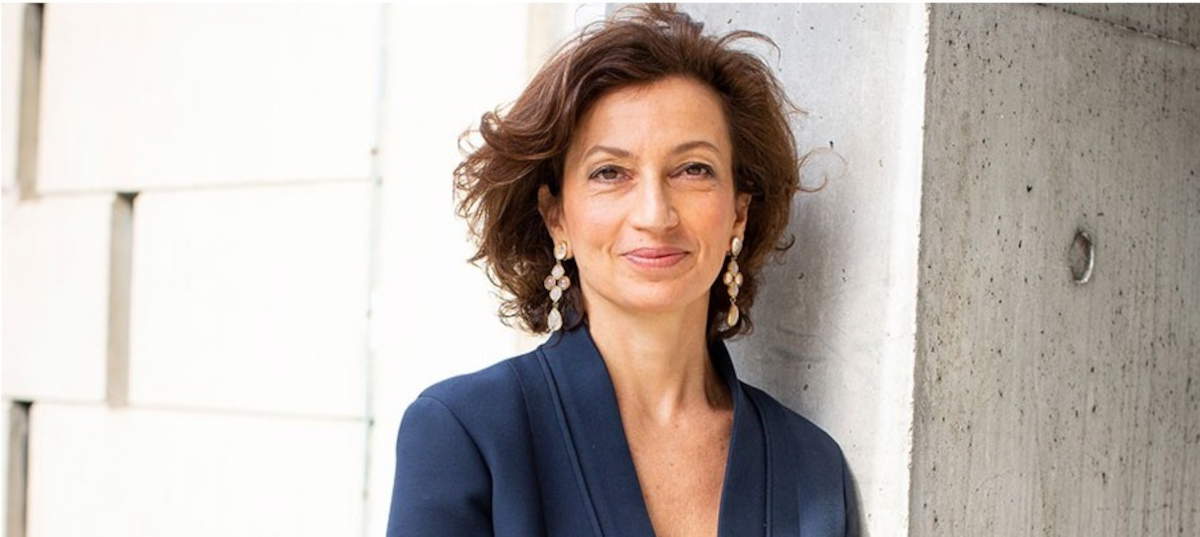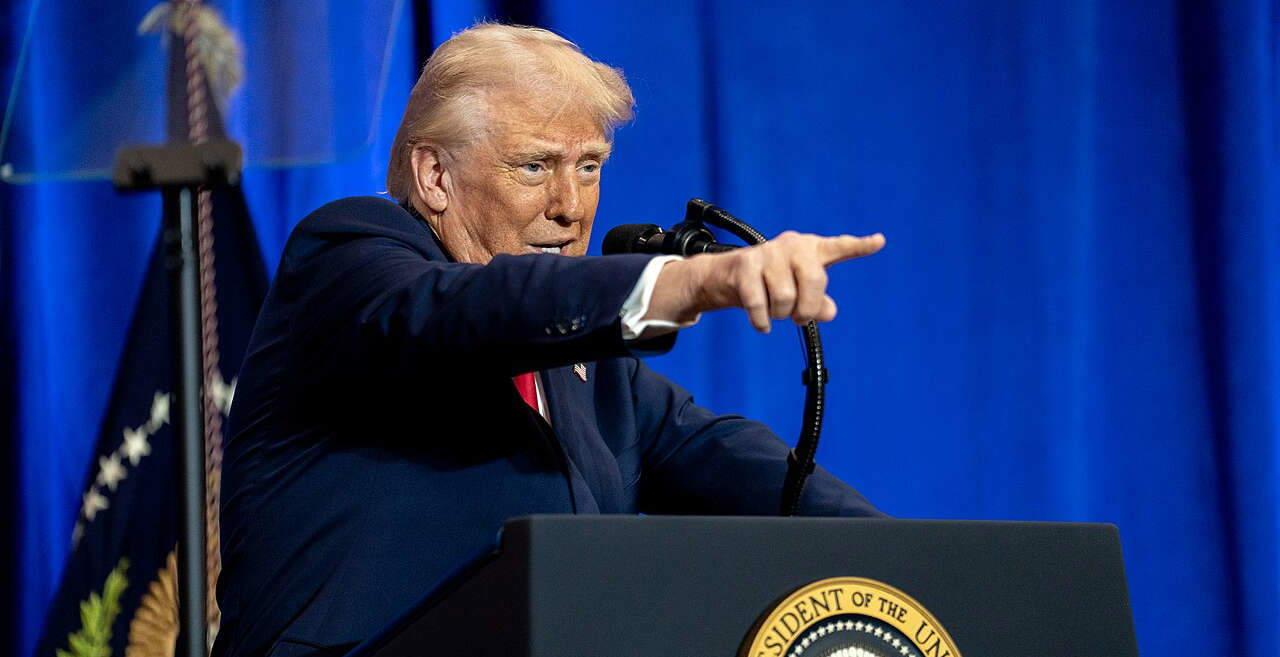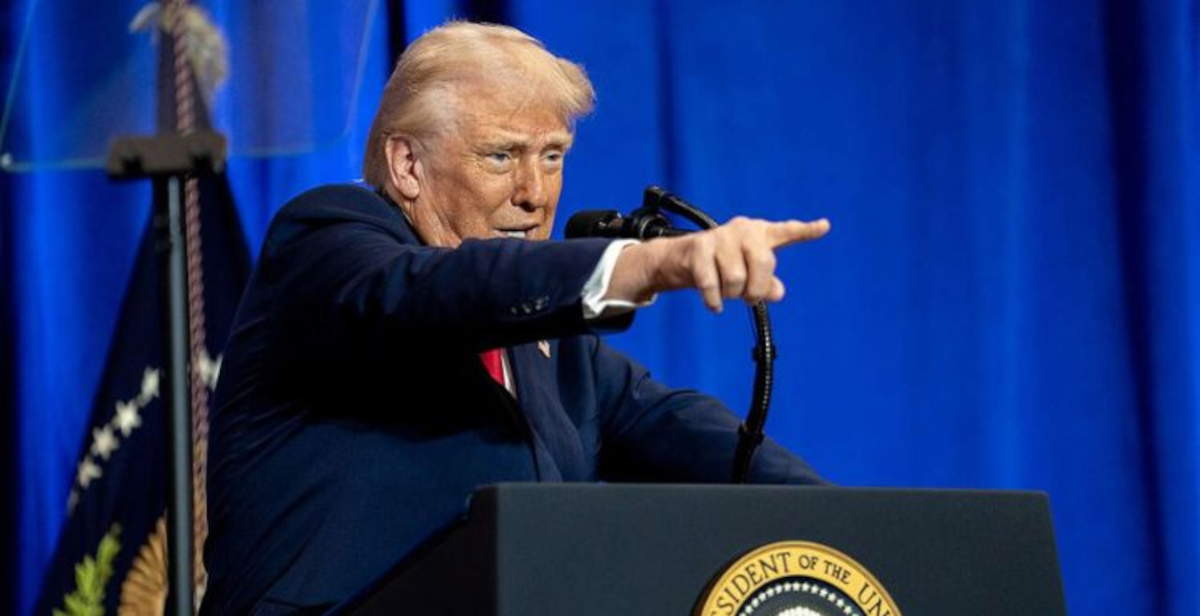The U.S. government has formally announced its intention to withdraw from theUnited Nations Educational, Scientific and Cultural Organization (UNESCO)(our article here). The decision, taken by President Donald Trump’s administration, will take effect at the end of December 2026. The organization’s director-general, Audrey Azoulay, expressed deep regret at the announcement, and pointed out that the move goes against the founding principles of multilateralism and risks harming numerous U.S. institutions and communities that collaborate with UNESCO in the first place. According to Azoulay, those U.S.-based partners who had activated pathways to recognition in the areas of World Heritage, Creative City, and UNESCO Chairs in universities will be affected. The U.S. withdrawal thus represents a concrete loss for the territories and actors involved in the Organization’s programs.
Despite the gravity of the decision, UNESCO was not unprepared. As Azoulay pointed out, the possibility of a new U.S. disengagement had already been considered, and as of 2018, major internal reforms aimed at strengthening the Organization’s economic sustainability had been initiated. The director-general explained that although the U.S. financial contribution continues to be an important item, its weight in the overall budget has been reduced: it now accounts for 8 percent, compared with 40 percent that is recorded in other UN agencies. At the same time, UNESCO’s overall budget has continued to grow, thanks in part to an increase in voluntary contributions from member states and private donors, which have doubled since 2018.

The Organization has no plans for staff cuts or layoffs, and will continue with its core activities even in the face of an inevitable reduction in resources. According to Azoulay, just since Trump’s first withdrawal in 2017, UNESCO has accelerated the implementation of its mission, strengthening its presence in territories marked by crisis and conflict.
In recent years, the agency has completed one of the most complex operations in its history: the reconstruction of the Old City of Mosul, which began in 2018. It also drafted and adopted the first binding global instrument on the ethics of artificial intelligence and developed targeted programs in crisis areas such as Ukraine, Lebanon, and Yemen to support education and culture. In parallel, efforts were intensified to protect biodiversity and natural heritage, as well as access to education for girls in the most vulnerable contexts.
The official rationale for the U.S. withdrawal follows the reasons already expressed in 2017, although, Azoulay notes, the international scenario has since changed. Political tensions within the Organization have subsided and UNESCO is now perceived as one of the few platforms still capable of generating consensus around a multilateralism geared toward concrete action. Hence the surprise expressed by the director-general toward motivations that do not, in her view, reflect the agency’s current operational dynamic.

A further contradiction is pointed out in relation to UNESCO’s work on Holocaust education and the fight against anti-Semitism. According to Azoulay, it is precisely in this area that the agency has strengthened its role in recent years, gaining wide recognition from leading U.S. and international Jewish institutions. These include the U.S. Holocaust Memorial Museum in Washington, the World Jewish Congress, including its American section, and the American Jewish Committee (AJC).
From 2018 to the present, UNESCO has worked with 85 countries to introduce targeted educational tools, train teachers, and strengthen historical knowledge about the Holocaust and other genocides. Interventions have also been designed to counter crime denial and hate speech, with the goal of building more knowledgeable and resilient societies. Such achievements, according to the director general, testify to the concrete value of the agency’s engagement on global issues considered priorities, including by the U.S. government itself. In light of Washington’s announced disengagement, Azoulay reiterated that UNESCO will continue its work, with a determination to remain open to all nations of the world.
“UNESCO’s purpose is to welcome all the nations of the world, and the United States of America is and always will be welcome,” she said, confirming its readiness to maintain dialogue with the U.S. administration and Congress. Work with U.S. partners, from universities to businesses to nonprofit organizations, will continue, in the belief that collaboration on issues such as education, science and culture can continue outside institutional constraints. Azoulay’s conclusion contains no closure toward Washington; rather, it expresses the hope that conditions can be recreated for new membership in the future. In the meantime, UNESCO will continue its mandate with the available resources, seeking to preserve its capacity to intervene and the universal dimension of its action.
 |
| Washington announces withdrawal from UNESCO, Azoulay: "Deplorable announcement, but anticipated" |
Warning: the translation into English of the original Italian article was created using automatic tools. We undertake to review all articles, but we do not guarantee the total absence of inaccuracies in the translation due to the program. You can find the original by clicking on the ITA button. If you find any mistake,please contact us.